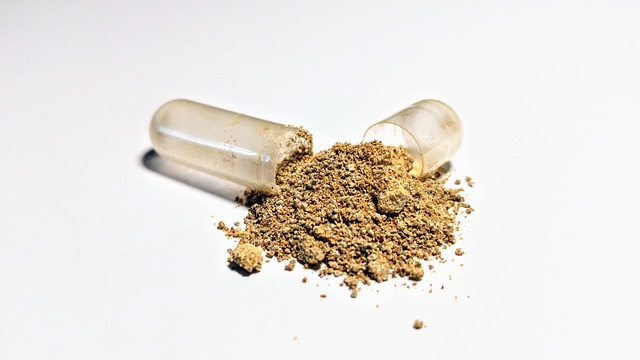Ashwagandha, scientifically known as Withania Somnifera, is an herb that has been used in traditional Ayurvedic medicine for centuries. It is also commonly referred to as Indian ginseng or winter cherry. The plant is native to India, the Middle East, and North Africa. Ashwagandha became very popular in the Western world where we live stressed lives and where many have hypothyroidism and symptoms like fatigue, brain fog, and lack of focus.
People value Ashwagandha for giving them the ability to think clearly and for steady and “calm energy”.
The root of the ashwagandha plant is primarily used for its medicinal properties. It contains a group of compounds, which are believed to contribute to its various health benefits. Ashwagandha is classified as an adaptogen, a substance that helps the body adapt to stressors and maintain balance. Read my previous blog post on adaptogens.
Some potential benefits of ashwagandha include:
- Stress Reduction: Ashwagandha is often used to help the body cope with stress by reducing cortisol levels.
- Anxiety and Depression: Some studies suggest that ashwagandha may have anti-anxiety and anti-depressant effects, possibly due to its impact on neurotransmitters in the brain.
- Improved Cognitive Function: There is some evidence to suggest that ashwagandha may enhance cognitive function, memory, and attention.
- Immune System Support: Ashwagandha has been found to have immune-modulating effects
- Anti-Aging Properties: Some research suggests that the antioxidants in ashwagandha may help protect the body from oxidative stress, potentially slowing down the aging process.
In Ayurveda- Traditional Indian Medicine Ashwagandha holds a significant place and is highly valued for its therapeutic properties. Ayurveda is an ancient system of medicine that originated in India, and it focuses on maintaining balance in the body, mind, and spirit to promote overall health and well-being. Ashwagandha is classified as a “rasayana” herb in Ayurveda, which means it is considered a rejuvenating and longevity-promoting herb.
As most herbs, Ashwagandha alone is not advised for a long term use. Since Ashwagandha can be beneficial in hypothyroid, persons suffering from hyperthyroid should avoid it. Ashwagandha also raises testosterone and it is not recommended for women with polycystic ovarian syndrome.
Ashwagandha is commonly available in various forms, including powders, capsules, and liquid extracts. It’s essential to consult with a healthcare professional before using any herbal supplements, especially if you have existing health conditions or are taking medications, as ashwagandha may interact with certain medications or have contraindications for certain health conditions.
If you’d like to purchase high quality Ashwagandha contact me and I will help you choose the right product.
Ashwagandha Power Truffles Recipe
These rich a decadent truffles with Ashwagandha will those who fatigued regain their energy.
Ingredients:
- 10 dates, dried and pitted
- 5 chopped walnuts
- 2 teaspoons Ashwagandha
- Directions:
Using a blender or food processor, blend the dates and ashwagandha into a paste. Add chopped walnuts. Roll into small balls, place on parchment paper. If they are too sticky to shape, refrigerate for 10 minutes.
